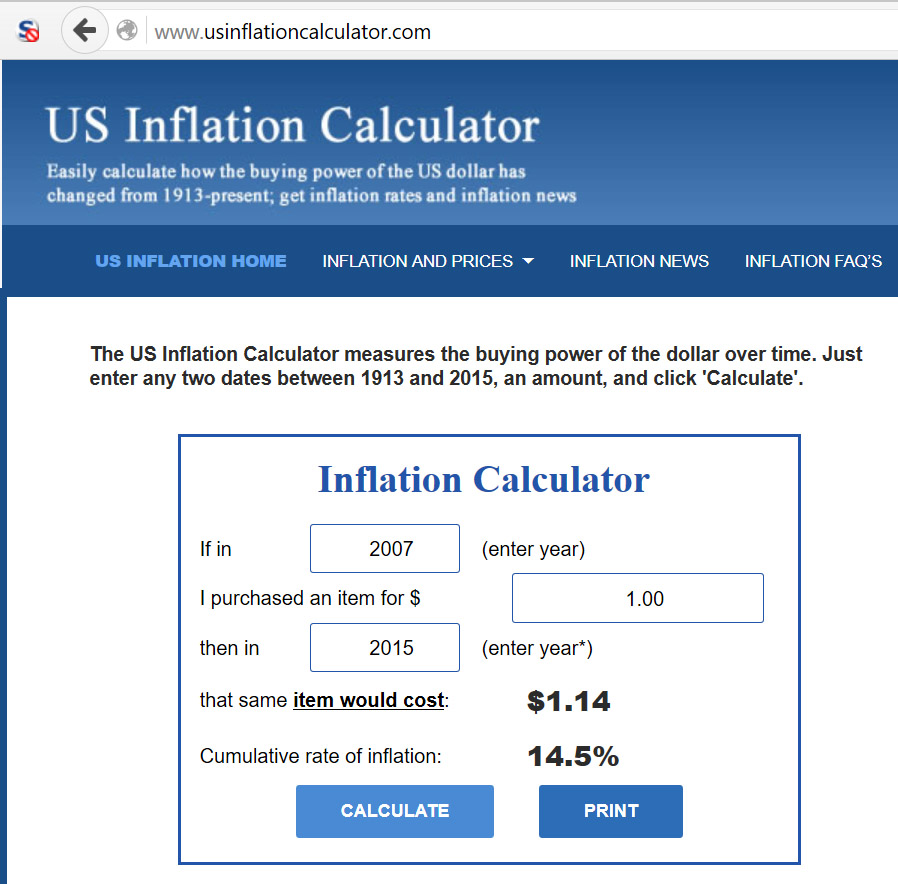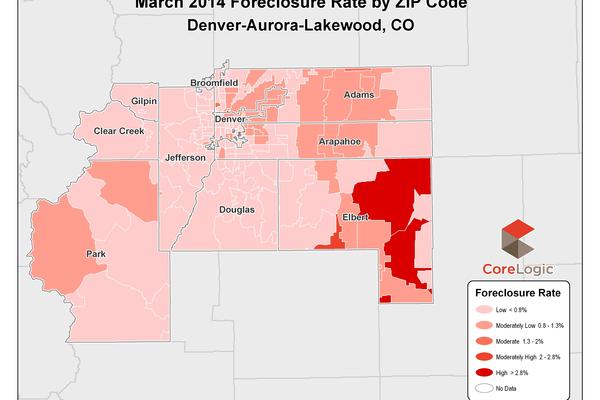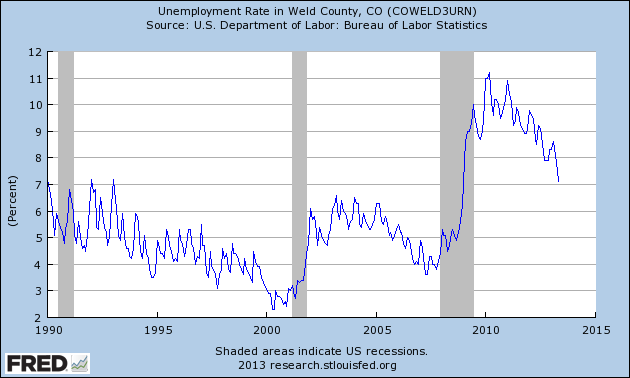The market efficiently allocates and delivers goods and services in equilibrium when market buyers and sellers can freely trade for those goods and services. The free market supplies real goods and services to meet real demand.
Price is the point where buyers and sellers agree to trade money for a given good or service. Price is the consequence, the dynamic balancing point, where supply equals demand.
If the price gets too high, demand goes down until price comes down. Meanwhile, a high price will incentivize other suppliers to enter the market and compete for demand, returning prices to an equitable exchange point.
If the price gets too low, demand goes up until supply is exhausted. Meanwhile, other suppliers will enter the market to compete for demand, returning prices to an equitable exchange point.
In all cases, rational price is the consequence of voluntary decisions by free traders. Until a time machine that can see the future is built, those voluntary decisions cannot be pre-determined, regardless of how much AI horsepower is thrown at the question.
External forces upon the market – such as interventions from government force of law through price controls – cause disequilibrium and misallocation of goods and services. Misallocation means demanders want or need something and can’t get it, and, suppliers want to sell something but can’t sell it and still remain in the market.
Cost is what suppliers have to invest to produce goods and services. If price is lower than cost, suppliers leave the market. If price equals cost, suppliers don’t enter the market. In either case, price must be allowed to float to a point where demanders will still buy, and sellers have enough profit margin to incentivize them to enter or remain in the market.
Without profit, there is no market, which means nothing to sell, and nothing to buy. Obviously, when government consumes profit through taxation and appropriation, markets cease to exist.
Government price controls monkey wrench the entire system. The monolithic force of law cannot reproduce the complexity of free decisions made by millions of market participants that produce rational prices.
This is true regardless of what good or service is at stake, be it groceries, gas, electricity, health care, etc.
Price is a consequence of free trade. Free trade must exist for prices to be rational.
Politicians who promise to deliver price controls to achieve equity, should be ignored. They either don’t know what they’re talking about, or they’re maliciously trying to grab power for themselves by pandering to poorly educated voting blocks of people who don’t realize that politicians who make such promises can never deliver, and that what those politicians promise is impossible.
As you can see from the above, the market is not that difficult to understand, provided you remember the fundamentals.







